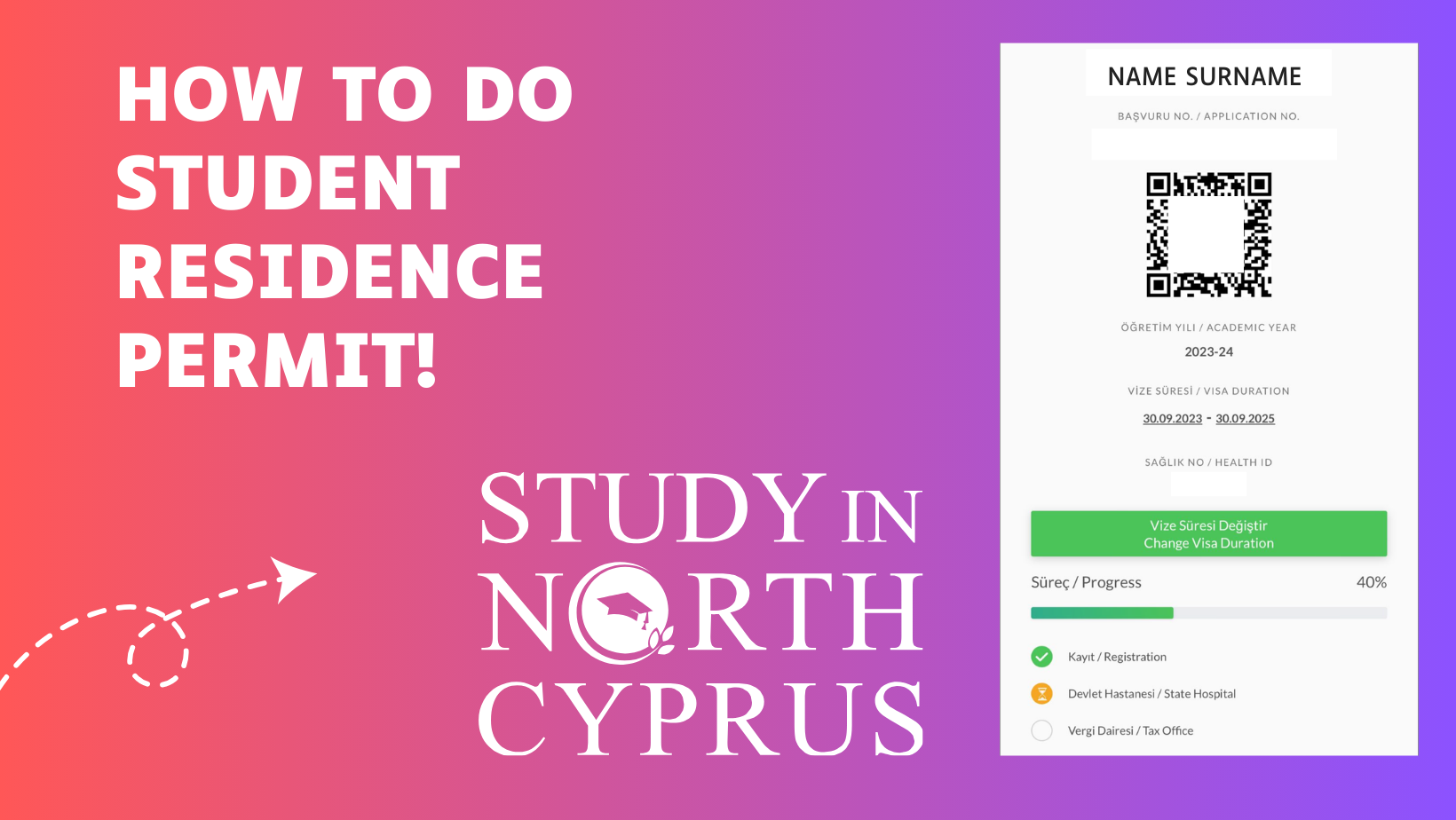Strategies for Achieving Balance
Balancing academics and work and study can be quite a juggling act for many students around the globe. It involves managing the intertwined pursuit of academic goals and work responsibilities. While combining work and study can bring financial independence and practical experience, it also poses a significant challenge that requires careful thought and effort.
So, how can students maintain their academic excellence while being productive in the workplace? How can they safeguard their well-being and avoid burnout? Striking the right balance may seem complex, but with the right strategies and support, it is definitely achievable.
One crucial aspect is implementing effective time management techniques. This includes creating a well-structured schedule that clearly defines study hours, work shifts, and personal time. By sticking to this schedule, students can make sure that neither work nor study takes over the other. Consistency is key in maintaining this balance.
Moreover, it’s important to understand the fluctuating demands of academic and work commitments. By recognizing and planning for variations in workload, such as dedicating more focus during exams or project submissions, students can allocate their time and resources accordingly. This ensures that both areas receive the attention they deserve.

Strategies for a Balancing Work and Study
Self-care is incredibly important in maintaining a healthy balance. In the midst of a busy schedule filled with assignments, exams, work projects, and deadlines, it’s crucial to make time for relaxation, hobbies, and social interactions. Taking care of your physical and mental well-being is not a luxury, but a necessity. It’s like fuel that drives productivity and creativity.
Efficiency is key to effectively managing both work and study. Developing good study habits, using online tools and apps for organization, and mastering the art of quick learning and revision can make a big difference in managing your time and tasks. Similarly, being efficient at work ensures that you can complete your tasks within the allocated hours, without encroaching on your personal and study time.
Seeking support is a strategy that is often overlooked but can be incredibly helpful. Universities and workplaces often provide resources to support individuals who are balancing work and study. Making use of these resources, such as counseling services, flexible work hours, or academic support, can help reduce pressure and provide practical solutions for effectively balancing your demands.

The Confluence of Growth
The convergence of work and study is an exciting journey of growth, learning, and skill development. It offers a wonderful opportunity for academic knowledge to be applied in practical situations, where classroom learning seamlessly merges with real-life experience. With effective strategies in place, this balancing act transforms from being a challenge into a valuable opportunity. It ensures that students not only obtain degrees and work experience but also acquire a diverse range of skills that lay a strong foundation for future achievements. Every task, project, and responsibility acts as a stepping stone, contributing to the comprehensive development of students and preparing them to enter the professional world as skilled, experienced, and resilient individuals.

Effective Time Management
The key to successfully balancing work and study is through effective time management. It’s important to create a well-structured schedule that clearly outlines your study hours, work shifts, and personal time. By doing so, you can ensure that neither work nor study dominates your life.
Another important aspect is prioritization, which helps you recognize the different demands of academics and work. This allows you to allocate sufficient attention to both areas. For example, during exams or project submissions, academics may require intensified focus, while work may demand additional hours during certain periods. By recognizing and planning for these variations, you can ensure that both areas receive the attention they deserve.

Nurturing Well-Being
Taking care of yourself is crucial, especially when you have a busy schedule that includes both work and study. It provides the necessary energy for productivity and creativity in both domains. Allocating time for relaxation, hobbies, and social interactions is not a luxury but a necessity, as it fuels your productivity and creativity in the context of work and study.
Efficiency is key in effectively managing tasks, whether it’s studying or working. Developing good study habits, utilizing online tools and apps for organization, and honing quick learning and revision skills can greatly impact how you allocate your time and handle tasks. Similarly, being efficient at work ensures that you can complete tasks within the designated hours, without compromising personal or study time.

Seeking Support
Seeking support from the available resources can be a great way to alleviate pressure and find practical solutions. Universities and workplaces often have resources in place to support individuals who are juggling work and study. These resources can include counseling services, flexible work hours, or academic support. By making use of these resources, individuals can effectively balance the demands and discover practical solutions to manage the pressure.

The Journey of Growth
The combination of work and study is a transformative journey of growth, learning, and skill development. It is a space where academic knowledge converges with practical application, and classroom learning intertwines with real-world experience. By employing effective strategies, this balancing act evolves from a challenge into an opportunity, ensuring that students not only graduate with degrees and work experience but also possess a diverse set of skills that pave the way for future achievements.
Each task, project, and responsibility serves as a building block, contributing to the comprehensive development of the student, preparing them to enter the world as skilled, experienced, and resilient professionals.





